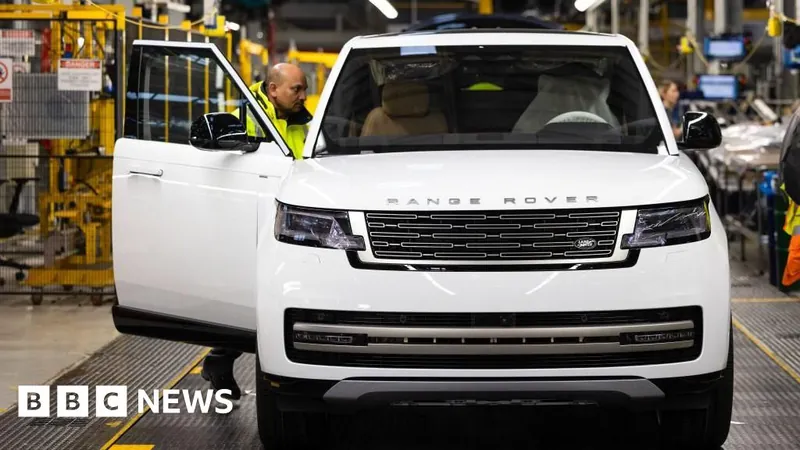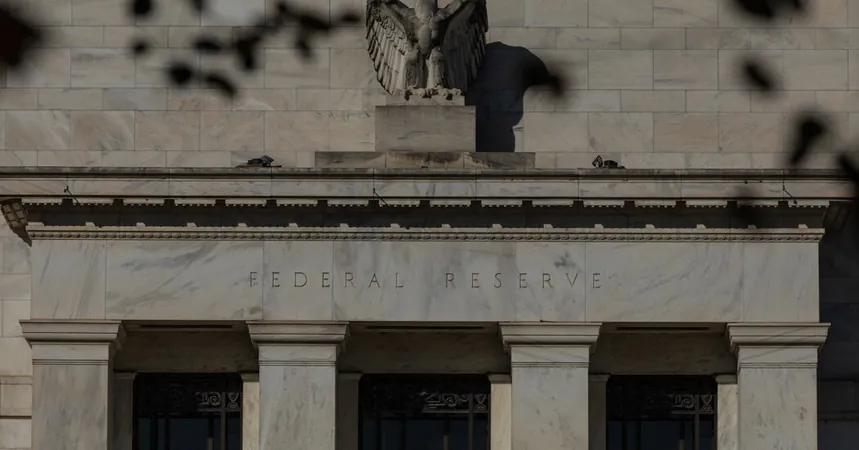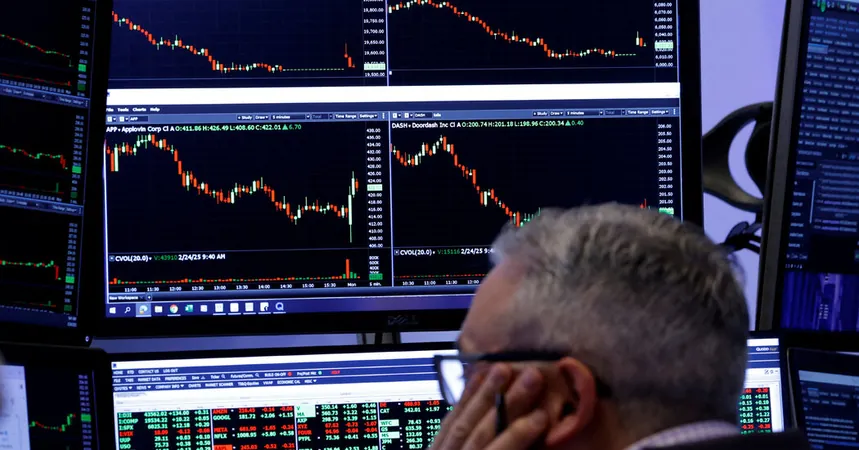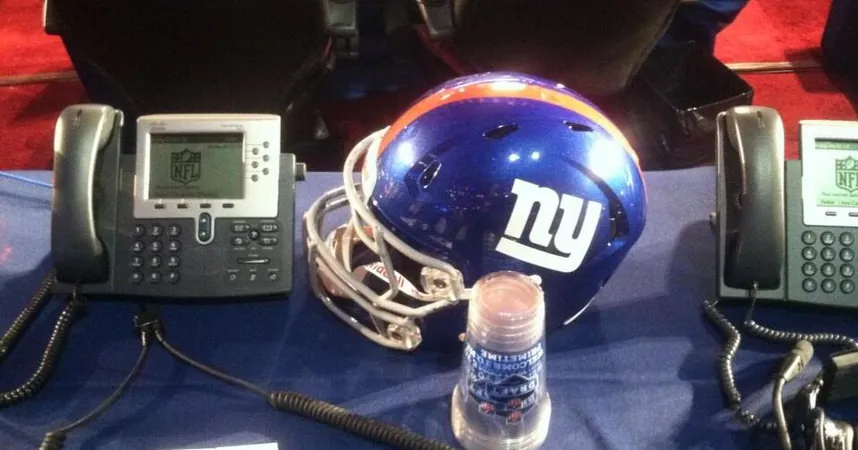
Jaguar Land Rover Halts US Exports Amid Tariff Crisis – Will Car Manufacturers Take Action?
2025-04-06
Author: Ying
In a dramatic shift in the automotive landscape, Jaguar Land Rover (JLR) has announced a pause on all car exports to the United States as it grapples with newly imposed tariffs. Just this past week, a staggering 25% levy on car imports was enacted, part of a broader policy initiative by former President Donald Trump that has sent ripples through global supply chains.
The US remains a critical market for the UK's automotive sector, second only to the European Union. JLR's spokesperson confirmed that this pause is a temporary measure, saying the company is “developing mid to long-term strategies" to navigate these tumultuous trading terms. The suspension, set to take place in April, reflects JLR's commitment to protecting its luxury brand integrity in a market that contributed approximately £8.3 billion in trade over the past year.
In response to these tariffs, the automotive industry is buzzing with speculation on potential actions. Reports indicate that Nissan is considering relocating some manufacturing of vehicles intended for the US market from Japan to American soil as early as this summer. This follows a recent decision by the company to maintain production shifts at its Tennessee facility, despite previous plans to scale back operations.
Adding to the tumult, Stellantis has announced a temporary halt at its assembly plant in Windsor, Canada, located on the US border, due to the fallout from the new tariffs. This has raised concerns amongst workers and unions alike, with the United Auto Workers union expressing approval of the tariff introduction, framing it as a protective measure for American labor against corporate greed.
Trade negotiations are heating up as the UK attempts to mitigate the impact of these tariffs. A separate 10% tariff is set to take effect on all other imports from the UK, creating additional challenges for car manufacturers. Global markets have reacted negatively, with stock exchanges in London, Germany, and France experiencing significant losses. The FTSE 100 saw its worst plunge since the pandemic began, falling by 4.9% on Friday.
UK Labour leader Sir Keir Starmer has advocated for a careful approach to these tariffs, dismissing the notion of entering a trade war. He acknowledges that “the world as we knew it has gone” but suggests that strategic industrial policies may be necessary to shield British businesses. Starmer is actively engaging with European leaders in talks to formulate a unified response to the Biden administration's trade strategies.
As discussions continue, the automotive industry anxiously waits to see how manufacturers will adapt to these evolving trade dynamics. Will British carmakers stand firm, or will they re-strategize in the face of increasing tariffs? Only time will reveal the longer-term consequences of these essential trade relationships.





 Brasil (PT)
Brasil (PT)
 Canada (EN)
Canada (EN)
 Chile (ES)
Chile (ES)
 Česko (CS)
Česko (CS)
 대한민국 (KO)
대한민국 (KO)
 España (ES)
España (ES)
 France (FR)
France (FR)
 Hong Kong (EN)
Hong Kong (EN)
 Italia (IT)
Italia (IT)
 日本 (JA)
日本 (JA)
 Magyarország (HU)
Magyarország (HU)
 Norge (NO)
Norge (NO)
 Polska (PL)
Polska (PL)
 Schweiz (DE)
Schweiz (DE)
 Singapore (EN)
Singapore (EN)
 Sverige (SV)
Sverige (SV)
 Suomi (FI)
Suomi (FI)
 Türkiye (TR)
Türkiye (TR)
 الإمارات العربية المتحدة (AR)
الإمارات العربية المتحدة (AR)